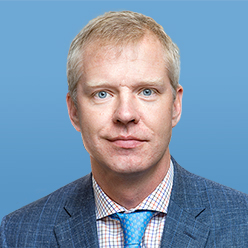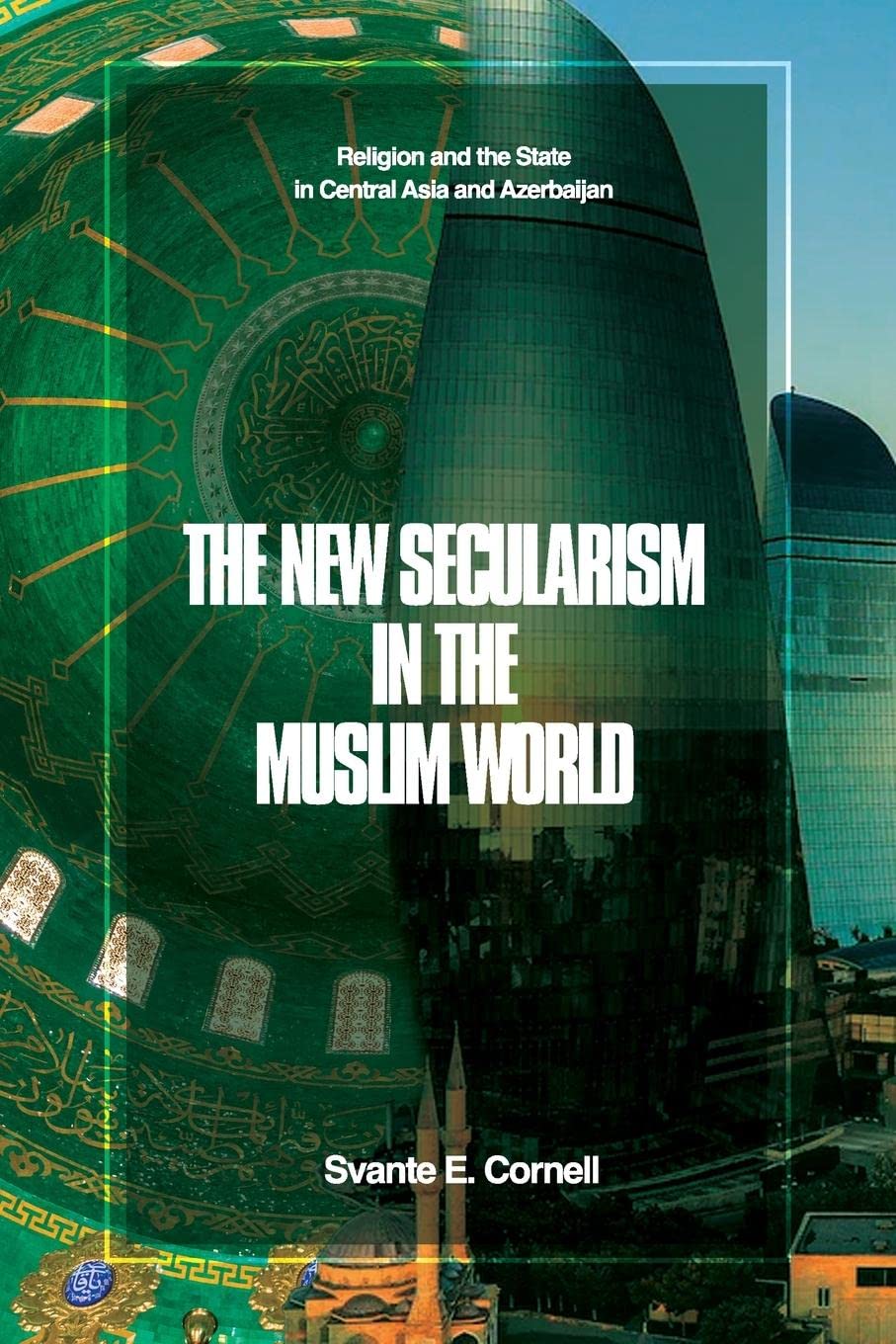Across the Muslim world, religion and politics have become increasingly mixed in the past century, with devastating consequences. But there are signs that the ascendancy of political Islam may be coming to an end. In this context, the experience of Central Asia and Azerbaijan as Muslim-majority states that insist on secular laws, courts and education is a much-overlooked model that is bound to attract greater interest. THE NEW SECULARISM is the first study of the Central Asian model in the realm of the interaction of religion and the state, which examines its characteristics as well as how it relates to other frequently touted models in the Muslim world.
SVANTE E. CORNELL is Director of the Central Asia-Caucasus Institute & Silk Road Studies Program, a Joint Center whose components are affiliated, respectively, with the American Foreign Policy Council in Washington D.C. and the Institute for Security and Development Policy in Stockholm. Cornell was educated at the Middle East Technical University and Uppsala University. He is the author or editor of eight books.

